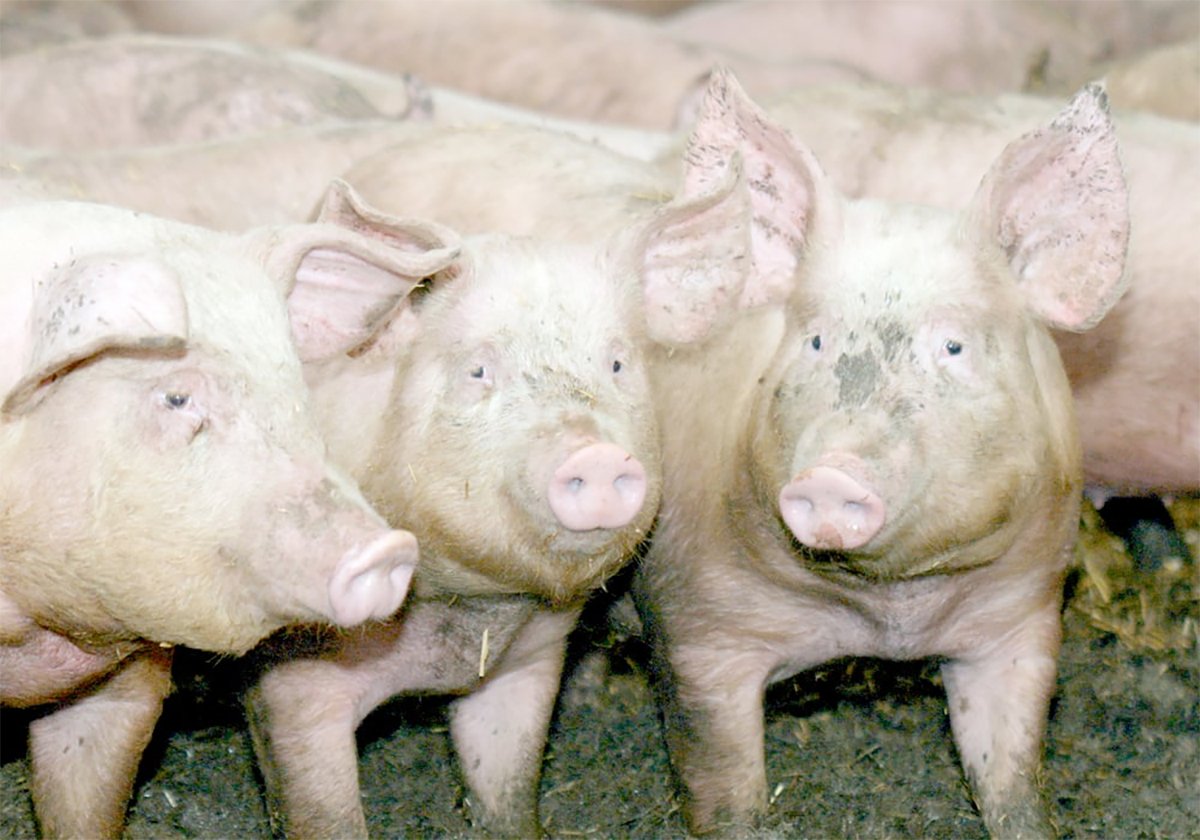Lenders are plotting this fall’s financial strategies for the beleaguered cattle industry as market prices remain critically low.
American and Mexican beef importers have agreed to accept limited amounts of Canadian boneless beef, but Reg Schmidt, chair of the Alberta Feeders Association, says the industry still needs help.
“The market will take at least six weeks to recover before people can even break even,” Schmidt said.
His organization is a coalition of 61 groups that lend money and provide loan guarantees for those buying feeder cattle.
Read Also

The Western Producer Livestock Report – October 2, 2025
Western Producer Livestock Report for October 2, 2025. See U.S. & Canadian hog prices, Canadian bison & lamb market data and sale insight.
Alberta’s feeder associations plan to offer financing, but limits will be placed on how many cattle may be purchased. Caps on available money will likely be calculated according to a percentage of cattle market value before May 20, when a single case of bovine spongiform encephalopathy halted all of Canada’s international beef commerce.
The associations tend to work with Alberta Treasury Branch, Bank of Montreal and other mainstream banks. They know lenders are being cautious and are reluctant to get too tough on debt repayment.
“Lenders are afraid to take drastic action because it is a house of cards,” said Schmidt, who runs a backgrounding operation at Thorsby.
Producers are in dire straits as a continuing heat wave dries up pastures and threatens this year’s harvest. Some are already feeding cows because of feed shortages. Many are keeping older cull cows rather than sell into the depressed market.
Tom Meston, vice-president of Farm Credit Canada’s western alliance programs, said FCC is optimistic about the industry’s ability to survive this crisis.
Government relief programs have placed cash in producers’ hands and with the border partially reopening, the picture is not as bleak as it was earlier.
“We don’t have farmers right now that are hurting,” he said.
“They’re not really in severe financial distress because the cattle are still on grass.”
A strategy for financing the fall feeder run is in the planning stages and should be ready by Aug. 22, Meston said.
“We’re taking a conservative approach to value right now, of course, because of the BSE issue.”
FCC representatives have contacted borrowers about restructuring, de-ferred payments or interest-only payments, said spokesperson Peter Mayne.
“Account managers are working with customers on a one-to-one basis to see how we can best help them manage.”
Each case will be evaluated on an individual basis and loans may be consolidated.
“We’re very flexible,” Meston said.
FCC has more than $890 million invested in the Canadian beef industry.
It backs a number of partnerships and alliances providing financing for feeder cattle, breeding livestock programs and point-of-sale transactions through livestock co-operatives, auctions and order buyer groups.

















